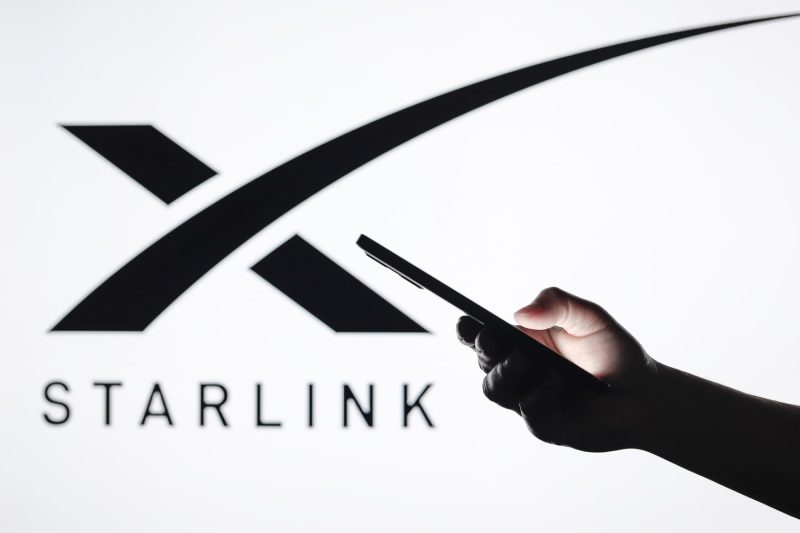Elon Musk’s ambitious undertakings have consistently pushed the boundaries of what’s perceived as conventional or plausible. Starlink, one of his innovative ventures, is a testament to his trailblazing spirit. Through this venture, Elon Musk aims to bring high-speed Internet to the storm-ravaged areas, which transcends inescapable socio-political implications.
Starlink, a satellite constellation being constructed by SpaceX, the other space-faring venture led by Musk, aims to deliver satellite Internet connectivity to deprived parts of the world. The system consists of mass-produced small satellites in Starlink megaconstellation working in combination with ground transceivers. As of recent reports, SpaceX aims to deploy thousands of these satellites to create global coverage of the populated world.
This globally-inclusive initiative particularly brings a palatable note of hope to areas traditionally overlooked by popular Internet Service Providers (ISPs). Places battered by natural disasters, such as hurricanes, earthquakes, and storms, often fall within this spectrum. Not only do these events result in widespread material destruction, but they also sever communication channels, further amplifying the challenges of recovery and rehabilitation efforts.
Starlink’s satellite-based system offers a compelling solution to this problem. It empowers these ravaged areas with robust, upgraded internet connectivity, ensuring that rescue efforts, critical communications, and rebuilding initiatives are not impeded by lack of means to connect. Since its design allows it to work independently of infrastructure on the ground, it can maintain its functionality in circumstances where traditional communications systems fail.
However, the entry of Starlink into these storm-ravaged territories comes with its share of political implications. Firstly, there is the issue of sovereignty. Countries may perceive the deployment of foreign-owned satellites over their territory as an intrusion, especially considering the potential for data gathering that these devices possess. There’s also the question of the legal framework that would govern such a system.
Secondly, the issue of digital divide inevitably surfaces. While the deployment of satellites could bring internet to disconnected areas, critics argue that it may only widen the gap between the technologically empowered and those left behind. As pricing details emerge, it is clear that Starlink’s services are not necessarily within everyone’s reach, thereby prompting a debate on digital inequality.
Lastly, playing the role of a potential ISP positions SpaceX, and by extension Musk, at the helm of control of a data connection. This raises concerns about net neutrality and if SpaceX would maintain a level playing field for all internet traffic that needs their satellites to connect.
Despite the socio-political complications, there’s no denying that Elon Musk’s Starlink holds notable potential. By aiming to connect the disconnected and keep the communication lines open even amidst natural disasters, it demands and deserves the world’s attention. However, the success of Starlink in these storm-ravaged areas will depend significantly on its execution, regulatory navigation, and commitment to upholding the principles of internet accessibility, equity, and neutrality.




